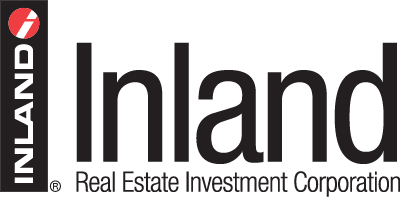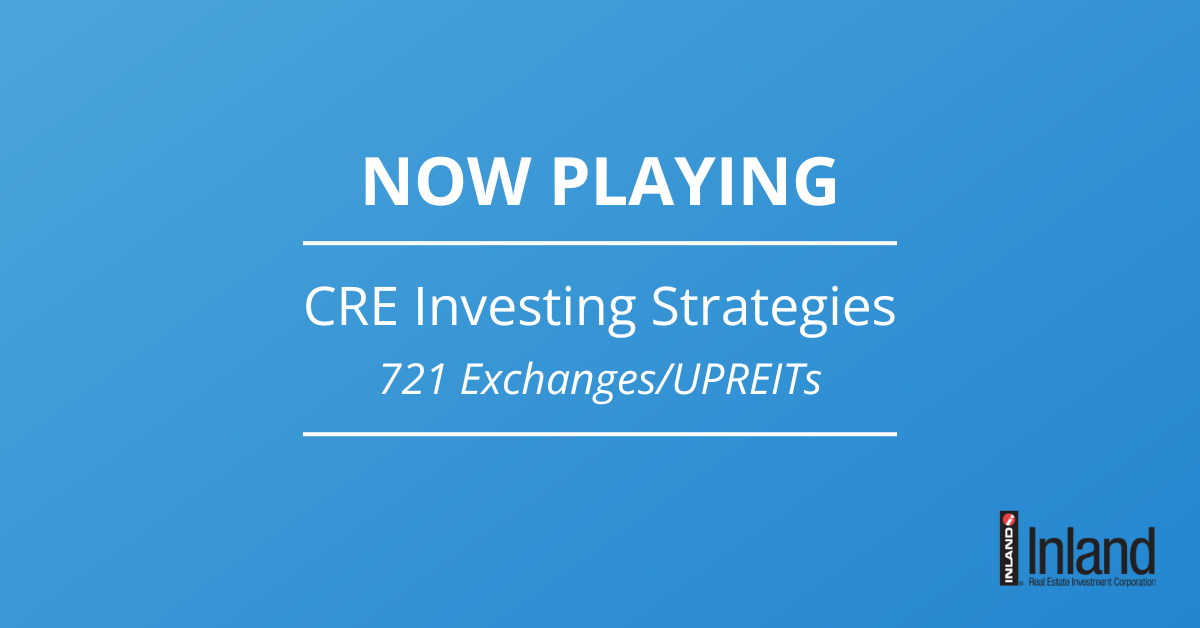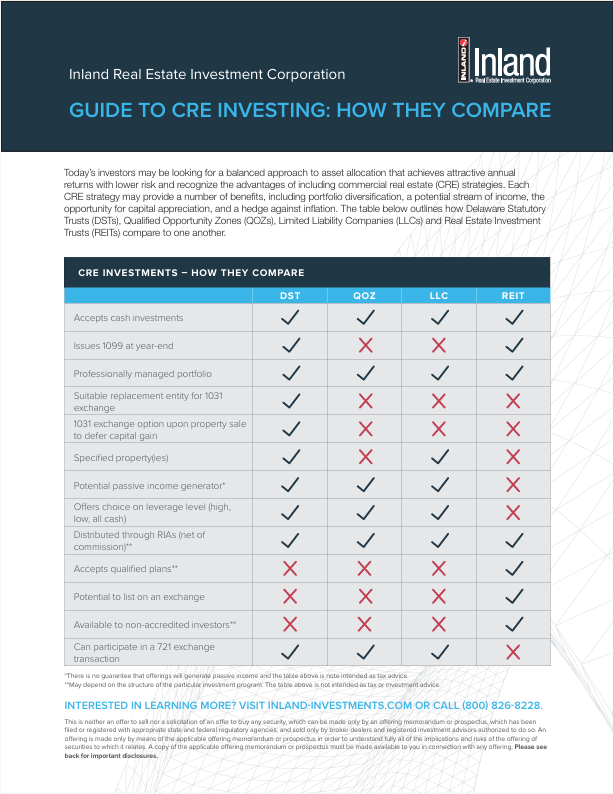This website is neither an offer to sell nor a solicitation of an offer to buy any security which can be made only by a prospectus or offering memorandum, which has been filed or registered with appropriate state and federal regulatory agencies, and sold only by broker dealers and registered investment advisors authorized to do so.
The Inland name and logo are registered trademarks being used under license. "Inland" refers to some or all of the entities that are part of The Inland Real Estate Group of Companies, Inc. which is comprised of a group of independent legal entities some of which may be affiliates, share some common ownership or have been sponsored and managed by such entities or subsidiaries thereof including the Inland Real Estate Investment Corporation (Inland Investments) and Inland Securities Corporation. Inland Securities Corporation, member FINRA/SIPC, is dealer manager and placement agent for programs sponsored by Inland Investments and its affiliates. For more information on Inland Securities Corporation, visit FINRA BrokerCheck.













